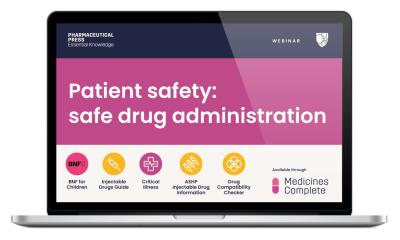Diuretic pill extends life
UK & France - The Hypertension in the Very Elderly Trial (HYVET), the biggest global clinical trial to assess the benefits of lowering blood pressure in patients aged 80+, was halted in July, two years before its scheduled completion in 2009.

Christopher J Bulpitt MD, the trial’s Principal Investigator and Professor Emeritus of the Care of the Elderly Department at Imperial College London, said the interim findings indicated that an inexpensive, low dose diuretic (indapamide 1.5 mg sustained release) and if needed, an additional ACE inhibitor (perindopril), taken daily, reduced the number of strokes and mortality at a statistically significant level.
3,845 patients in seven countries (Bulgaria, China, Finland, Romania, the Russian Federation, Tunisia and the UK) participated. The trial was designed to determine whether a 35% difference occurred between a placebo and active treatment. Secondary outcome measures included total mortality, cardiovascular mortality, cardiac mortality, stroke mortality and skeletal fracture. All patients in the double-blind, randomised, placebo-controlled trial, begun in 2001, are being seen for a final visit. Participants receiving a placebo will be offered the option of switching to active indapamide 1.5 mg SR-based antihypertensive treatment.
Results from the HYVET trial, which was funded by the British Heart Foundation and the Institut de Recherches Internationale Servier, in France, and co-ordinated by scientists at Imperial College London, are expected to be published in a peer-reviewed journal and presented at a major medical meeting in spring 2008. Report: Cynthia E Keen
31.08.2007





